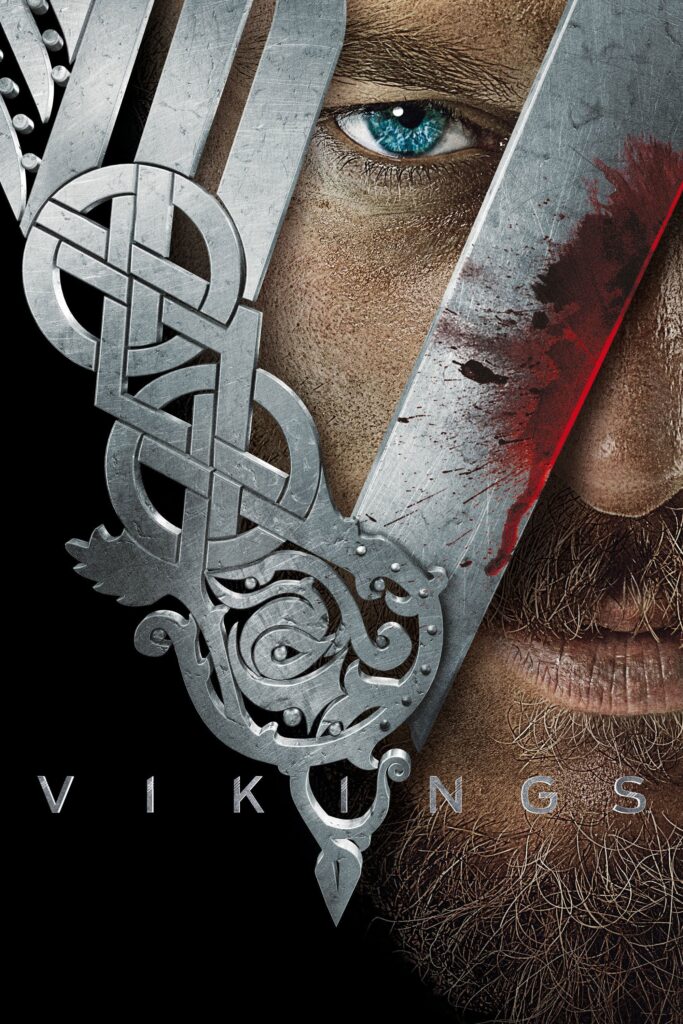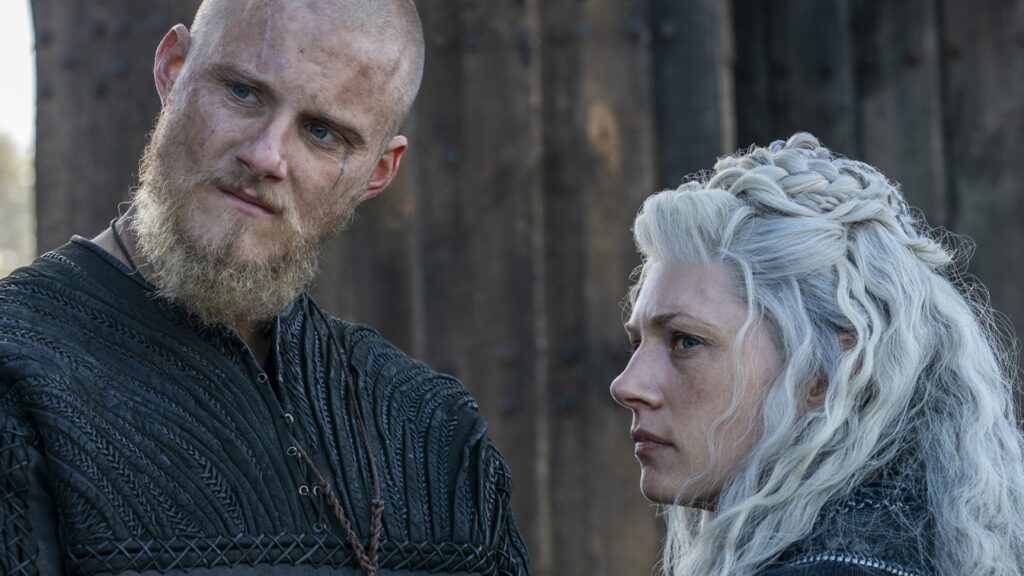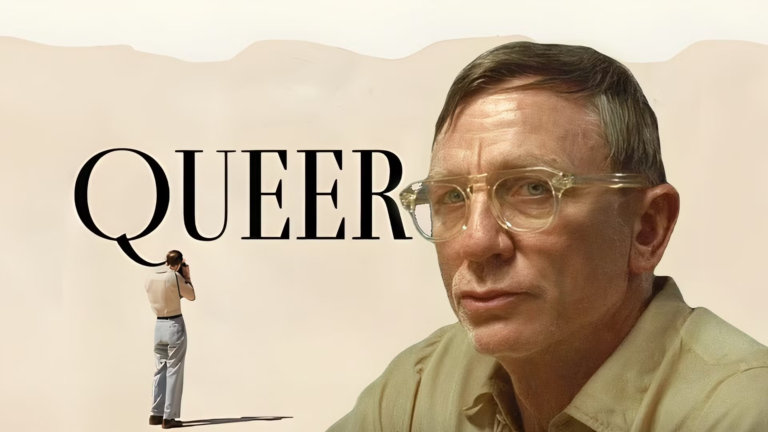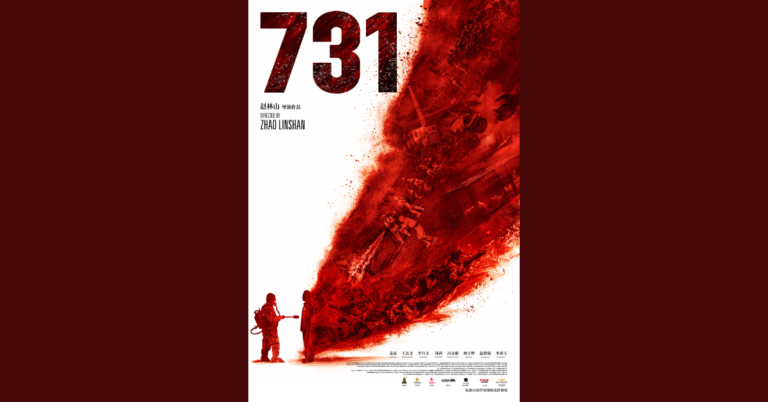Vikings Christian Review

When one settles down to watch “Vikings,” he is thrown headfirst into a world of Norse mythology, ruthless battles, and the incessant struggle for power. It has been a show that drags one directly into the saga of Ragnar Lothbrok, the fabled Viking whose thirst for adventure and conquest is simply insatiable. But what does that mean to us Christians? This is going to be an exciting trip through history and morality, where faith and values clash with that of a pagan world.
The Challenge of Pagan Mythology
From the very beginning, “Vikings” whisks one through a world of Norse gods and rituals. For Christians, this might be a small stumbling block. The show doesn’t hold anything back in portraying Odin, Thor, and other deities worshipped by the Vikings. These gods are part of the story, working their way into the characters’ belief and actions. It’s just so—well, a reminder how differently constructed Norse mythology is from our Christian faith, worshiping the one true God.
The lead character, Ragnar Lothbrok, is not just a warrior but is prophesied by the people as a person dealing with Odin himself. This lends depth to his character while asking questions of us regarding faith and belief systems that rule our lives. One finds it hard to reconcile or compare such valor and ambition in Ragnar’s case with our humbling, bending-low-to-the-ground Christianity that preaches lowliness and a regard for God rather than personal glory or divine bloodline.

Navigating Ethical Waters
Violence is another aspect of “Vikings” that gives Christian viewers pause. It does not shy away from portraying brutally real realities regarding Viking raids, battles, and political intrigue. It’s a very raw portrayal of an exceptionally violent period of time, in which, many a time, strength and cunning determined survival and success. As Christians, we are called to be peacemakers, to turn the other cheek, so watching these scenes can be really quite uncomfortable.
Yet, amidst the bloodshed, “Vikings” also explores questions of morality and the consequences of choice. From Ragnar himself to his sons, characters grapple with questions of loyalty, justice, and how their actions affect others. It is things like these that pertain to our candidacy with sin and seek to further the complexities involved in working out a fallen world. It reminds us that even amidst the darkest moments, there will always be flickers of moral lucidity and redemption.
Redeeming Qualities and Reflections
Even in its difficulties lies the redeeming value that draws us in as viewers. The production values are excellent, from elaborate costumes to breathtaking landscapes. Storytelling is rich and immersive, drawing one into the journey of Ragnar and his clan on the way to making a mark upon history. The characters change greatly, especially Ragnar’s sons as they become older, reflecting our own struggle and journey to find ourselves.
Of course, the series invites reflections on themes that are certainly not foreign to our Christian faith either. One need not miss the deeply rich material for leadership, legacy, and pursuit of power. We see how, untempered by moral principles, these characters were brought to their ruin because of ambition, just as the biblical warning is about the perils of pride and selfish ambition. “Vikings” challenges us to look inward regarding how we exert influence and authority in our own lives and the responsibilities that come with leadership.
Conclusion: A Balanced View
In the final analysis, “Vikings” is a rich tapestry of history, mythology, and human drama. To the Christian viewer, it is at times an exciting quest and a testing of Christian discretion. Indeed, it does not align with all our values and beliefs, yet the series gives us food for thought and discussion. The depiction of heathen beliefs and violence within it stands in contradistinction to our worldview as Christians and calls for deeper examination of our own faith.
I’d give “Vikings” 5 out of 10 in terms of production and storyline. The show is certainly entertaining, but it could prove to be a little problematic for the Christian viewer. It’s not something to be taken lightly at all but rather calls for great warning and discretion in reminding the believer to guard his heart and mind against a culture gloating over display and conquest on every side. As we seek to engage with “Vikings,” may we want wisdom and discernment, drawing closer toward God and His truth amidst complications of history and human nature.






